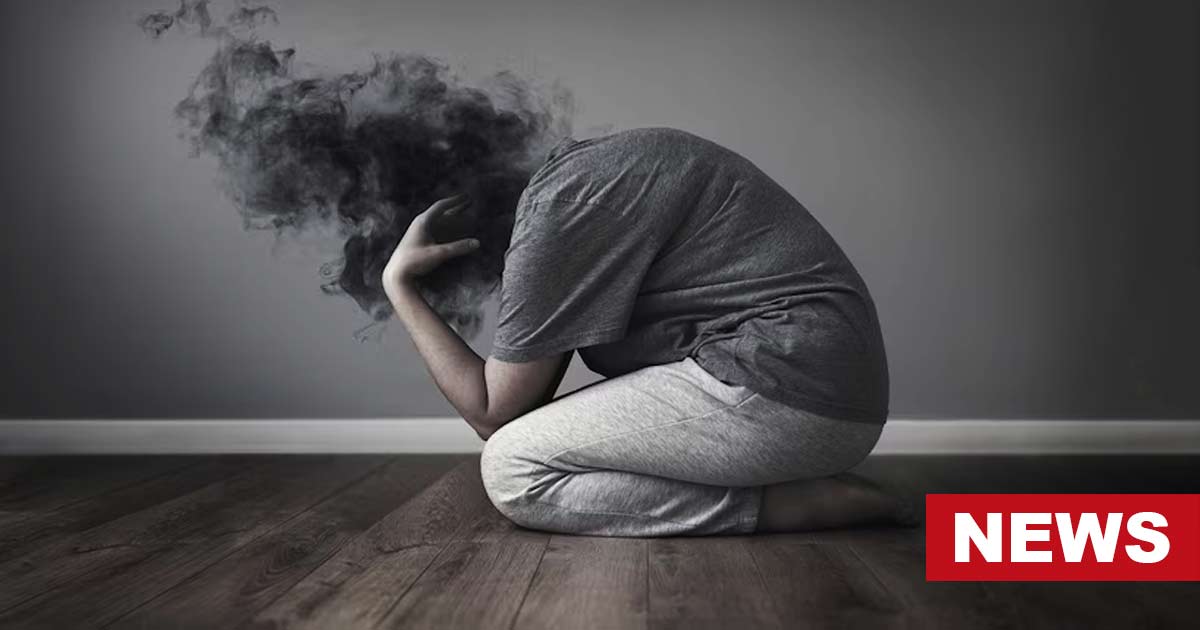A new depression type has been identified by scientists at Stanford University, potentially impacting around 25% of individuals with major depressive disorder (MDD). This discovery sheds light on the limited efficacy of popular antidepressant drugs in treating this specifically new depression category.
Termed the “cognitive subtype of depression,” this unique category is characterized by cognitive deficits in attention, memory, and self-control, which are often unaffected by conventional serotonin-targeting antidepressants like Lexapro and Zoloft.
In a clinical trial involving over 700 adults, Stanford researchers, in collaboration with a colleague from the University of Sydney, found that 27% of MDD patients exhibited poorer performance on cognitive tasks and showed less improvement when treated with standard medications. Extrapolating this percentage to the U.S. population suggests that approximately 5.7 million patients could be affected by this new depression type.
Considering the substantial number of individuals potentially impacted by this new subtype of depression, behavioral scientist Laura Hack and her team emphasize the urgent need for more targeted and tailored interventions. They argue that improving cognition is essential for enhancing overall mood and functionality in a significant subset of depressed patients.
The researchers believe this newly identified cognitive biotype of depression, which can be clinically addressed, represents a departure from the notion that cognitive impairments are solely a consequence of depression. Instead, they propose that such impairments may also contribute to the development of depression.
A previous Stanford study conducted in 2014, involving some of the same researchers, demonstrated that 25% of depressed patients exhibited significant cognitive impairments even after receiving antidepressant treatment. In 2020, a subsequent brain imaging study showed that changes in a patient’s cognitive control circuit could help predict their response to antidepressants.
To further investigate this novel new depression type, participants underwent surveys, clinical assessments for depression, and tests measuring verbal memory, working memory, decision speed, and sustained attention before and after an eight-week treatment with selective serotonin reuptake inhibitors (SSRIs) like Lexapro, Zoloft, or Effexor.
Among the 712 participants who completed the clinical trial, only 96 underwent further brain imaging tests during functional magnetic resonance imaging (fMRI) while performing a cognitive task assessing attention and impulsivity.
During the task, MDD patients exhibiting slower information processing, sleep problems, and reduced response inhibition displayed decreased activation in their prefrontal cortex and cerebral cortex. These brain regions play crucial roles in executive functions such as planning, goal achievement, and sustained attention, indicating a distinct neural mechanism associated with this new form of depression.
Machine learning algorithms also revealed a correlation between the extent of cognitive impairment, depression symptoms, and improvement following treatment. Among patients falling into this cognitive subtype of depression, the remission rates were lower compared to those with different forms of depression.
Notably, sertraline (marketed as Zoloft) exhibited the least effectiveness, with a remission rate of 35.9% in the cognitive biotype of depression, compared to 50% for other biotypes.
The study’s importance lies in its potential to provide psychiatrists with measurement tools to guide treatment decisions in depression, a field that currently relies mostly on observations and self-report measures. While imaging in a clinical setting for this specific type of depression is valuable, effective treatment strategies remain uncertain.
Currently, depression is categorized into over a dozen subtypes, and additional subtypes continue to be identified. Despite these advancements, treatments remain predominantly uniform and often ineffective. Vortioxetine is the only FDA-approved antidepressant that has demonstrated a connection to improved cognition, although its mechanism of action remains unclear.
The research team acknowledges that while they excluded certain disorders and factors that could influence cognitive impairment, there may be other behavioral or neurobiological factors contributing to this new depression type, necessitating caution when generalizing their findings.
Hack plans to conduct further research to determine if this approach applies to other antidepressants and treatment modalities. By addressing the limitations of the current trial-and-error process and personalizing treatments based on the heterogeneous nature of depression, Hack aims to alleviate the suffering, loss of hope, and increased suicidal urges experienced by individuals with depression.
The study was published in JAMA Network Open.




























